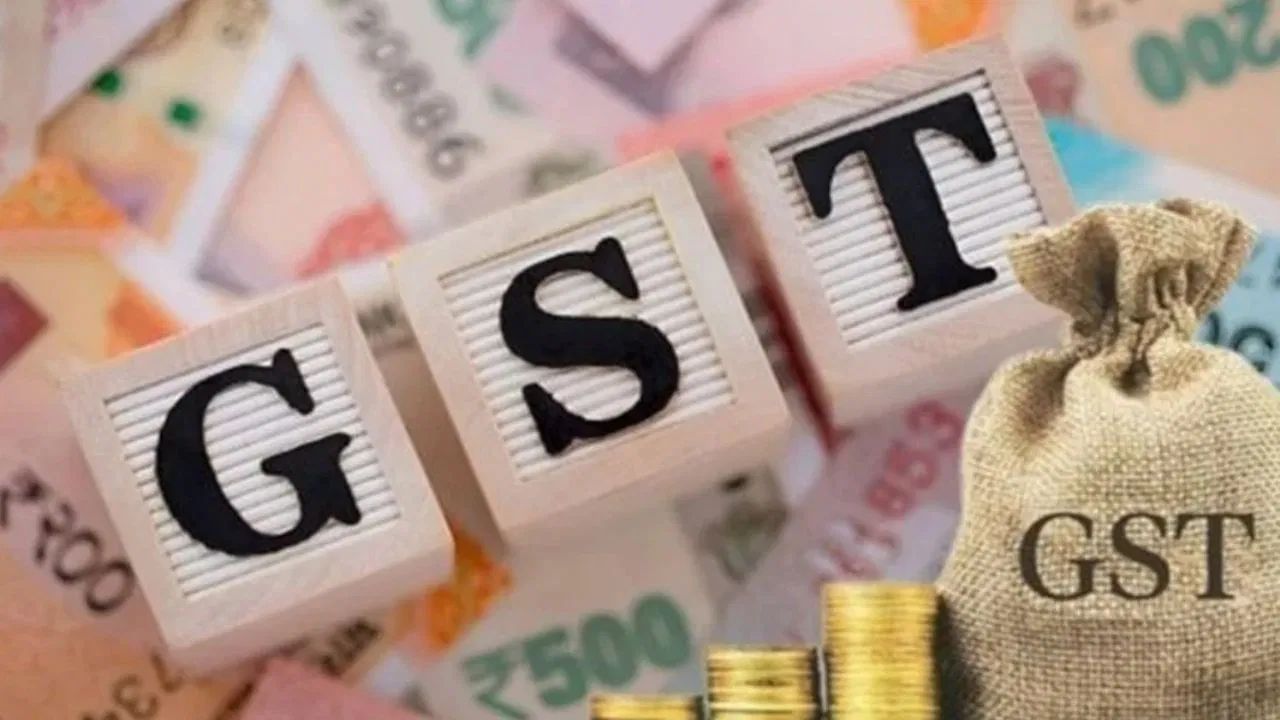In his speech of Independence Day, Prime Minister Narendra Modi has promised a big reform in GST in Diwali gift, after which the Finance Ministry has sent a proposal to the Group of GST to make only two rates across the country, which will be discussed in the meeting of the GST Council to be held in September.
Let us tell you that till now GST has earned record -breaking earnings from the central government and state governments, but as soon as two rates of GST are applicable across the country, this earnings will be reduced to a big decrease, which will have the biggest loss to the state governments. In such a situation, the deduction made in GST rates can cause tussle between the central government and the state governments.
GST 2.0 will have so much damage annually
Last week, Prime Minister Narendra Modi proposed a major change in GST. The business world was emphasizing it for a long time. The stock market saw a boom because investors believe that people will buy more due to decrease in taxes on everyday things and this will give some strength to the economy. But these proposals will put pressure on the income of the government, especially on the income of the states. It is estimated that there will be a loss of about 1.8 lakh crore rupees every year due to tax deduction. In this, the central government may have to incur a loss of GDP 0.15% and states about 0.36%.
There is already dispute between the Center and the states
With the implementation of GST 2.0, economic tension between the Center and the states is expected to increase. Many states have already complained that they did not get reasonable compensation after the GST was implemented. Punjab Finance Minister Harpal Singh Cheema said that his state is incurring a loss of about Rs 21,000 crore every year and now a new compensation will have to be arranged. Many states of South India have also been saying for a long time that the Center takes a large part of their tax earnings. According to Shumita Deveshwar, an economist of Globaldata, the state can go into a more deficit with this step and this will make them more dependent on the Center to make the budget. However, he described it as positive in the long run.
Master stroke before Bihar elections
The reactions of the states have been mixed so far. Former Finance Minister of Kerala T.M. Thomas Isaac called it a destruction, while the Tamil Nadu Finance Minister said that he would have to understand the impact of the first proposal. Karnataka government minister Krishna Baye Gowda warned that a major setback in GST could severely affect the financial condition of the states. There is a preparation to implement this decision before Diwali. This will be just before the Bihar elections, and it is believed that the central government can use it to take electoral advantage.
States have so much stake in GST
The central government has carried forward this issue very fast. Home Minister Amit Shah has been interacting with states and ministries since July. Prime Minister Modi himself has also appealed to the states to support this proposal. State governments get about 40% of their earnings from GST. He had the right to impose his tax before GST, but now this right is very limited. Only on some goods like petroleum and alcohol. States like Punjab, Andhra Pradesh, West Bengal and Kerala are already in economic crisis due to low income, more debt and deficit.
GST 2.0 will benefit in long time
Center officials say that there will be losses in the beginning, but this will be fulfilled by the increased consumption of people in the long run. States also have the option to earn extra by increasing tax on liquor and petrol. These proposals are being discussed in the committee of finance ministers of the states this week. Finance Minister Nirmala Sitharaman presented the center’s side on Wednesday.
The final decision will be taken by the GST Council, which includes the Finance Minister of all the states and presided over the Finance Minister of the Center. If there is no consensus, then voting can be done, in which a three-fourth majority will be needed. Due to the BJP government being in 21 states and 8 union territories, it is less likely to face problems.
